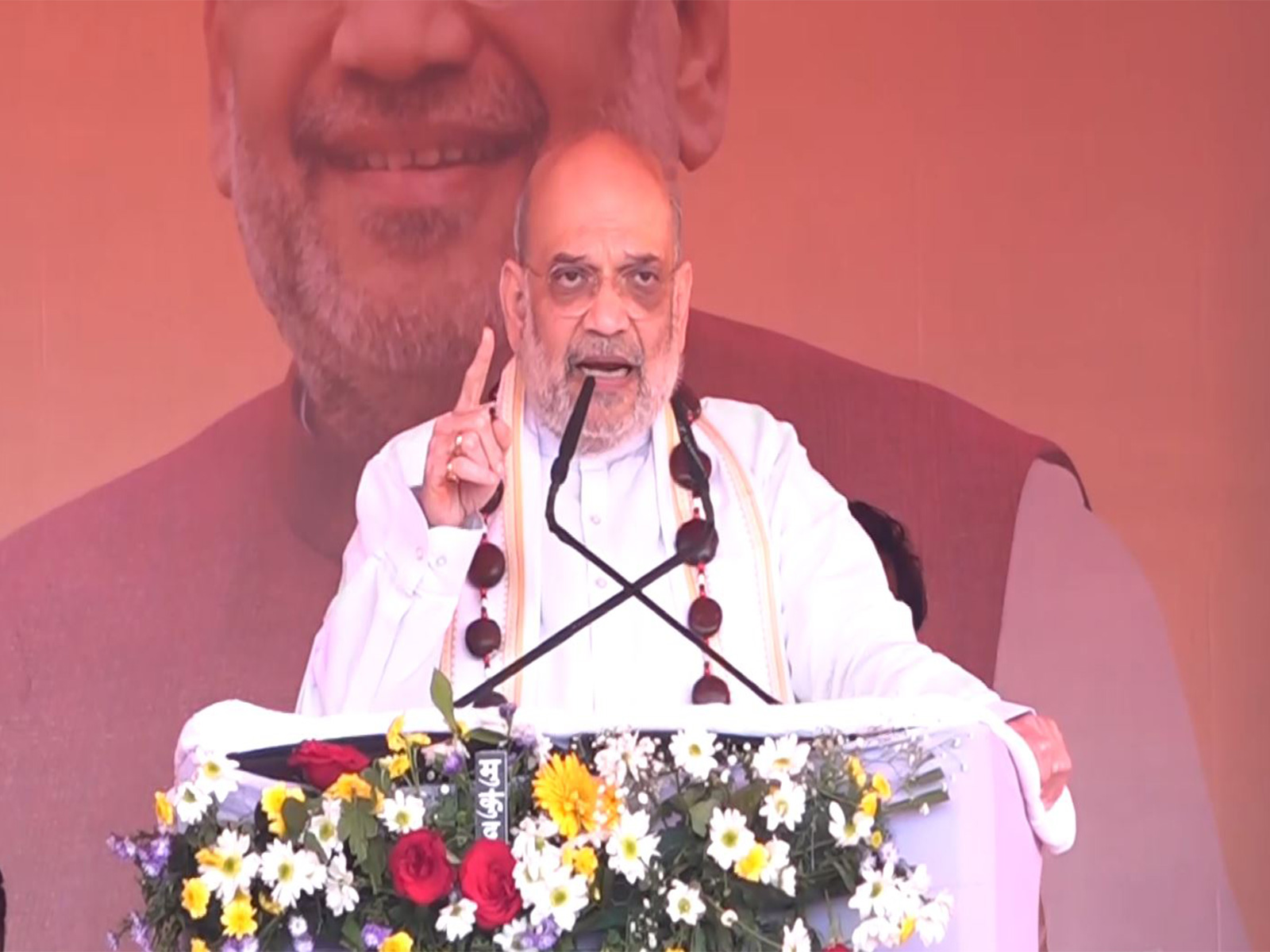Variable income for gig workers linked to health issues: Study
Dec 08, 2022

Washington [US], December 8 : According to research published by the American Psychological Association, Gig workers, waiters, salespeople, and others who depend on fluctuating earnings may be paying for wage volatility with their health.
In three studies spanning several industries in the U.S., workers who experienced more volatile pay reported worse physical health symptoms, including poor sleep quality, headaches, stomach issues and back pain. The research was published online in Journal of Applied Psychology.
"Pay volatility seems to predict worse health outcomes across a wide range of incomes," said study author Gordon Sayre, PhD, an assistant professor of organizational behavior at Emlyon Business School in France. "Not only was pay volatility related to worse health in lower-paid tipped jobs or among freelancers in the gig economy but for higher-paid professionals working in finance, sales and marketing where commissions and performance bonuses are common."
In one study, 85 workers in the U.S. who relied on tips (waiters, delivery drivers, maids, etc.) answered daily online surveys for two weeks about their total daily pay and health. Participants reported receiving tips on 80% of their workdays, with an average daily tip total of $36.18, accounting for a quarter of their total income on average.
Large fluctuations of daily pay over the two-week period were associated with negative physical health symptoms and poor sleep quality. That relationship was stronger when volatile pay made up a larger percentage of the participants' total pay, the study found.
Another study included 375 participants in the U.S. who spent an average of 29 hours per week working on Amazon's Mechanical Turk, a website where gig workers can complete various tasks for minimal amounts of pay. The participants completed weekly surveys for three weeks and the findings were similar to the study on tipped workers.
Sayre conducted a final online survey with 252 higher-income employees in finance, marketing and sales who relied on commissions or bonuses for a smaller fraction of their income. The workers completed monthly surveys for three months, and pay volatility was less harmful to health when they were less reliant on commissions or bonuses.
Mindfulness, or a focus on the present moment, has been shown to buffer against stress in other aspects of work and life. Individuals' mindfulness was measured in this research, but it did not help reduce the physical symptoms associated with volatile pay. Pay volatility was less impactful for workers who were less dependent on those volatile forms of income, however.
Businesses should consider whether volatile forms of pay (e.g., tips, piece-rate work, performance bonuses and commissions) are necessary and ensure that more stable forms of compensation make up a larger proportion of workers' total income, Sayre said.
Legislation also could improve the lives of millions of Americans who rely on fluctuating income, such as raising the federal tipped minimum wage of $2.13 per hour and providing greater protections to gig workers, Sayre said.
"Unions are another way that workers could secure stronger protections against volatile pay," he added. "Raising the proportion of base pay and reducing dependence on volatile pay should help protect workers' health in many industries."
The study findings do not prove that volatile pay causes health symptoms, only that there is a correlation between them.




















